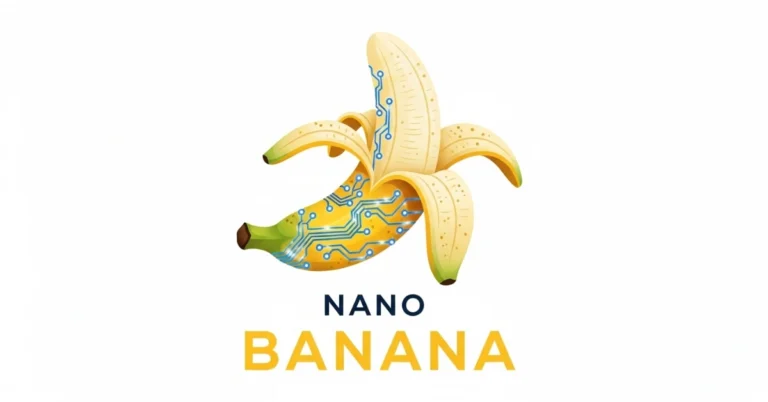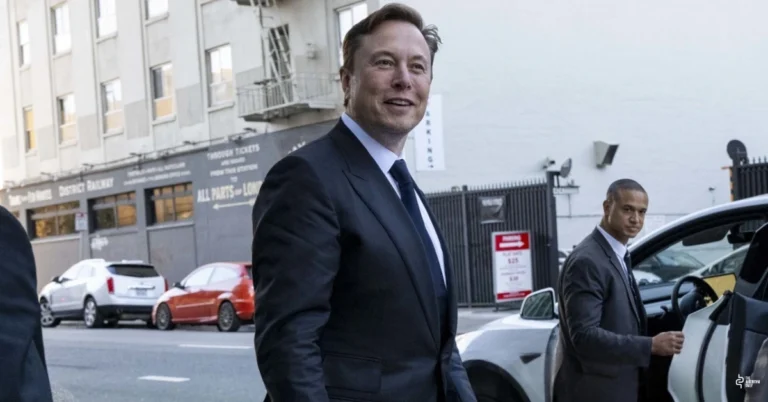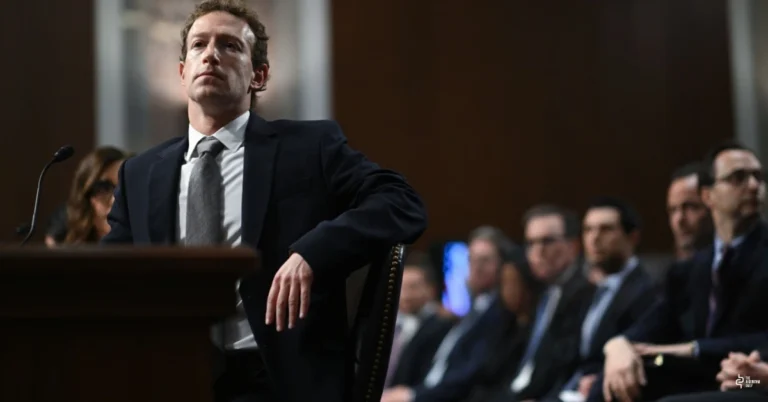The Trump administration is considering a deal that would allow the UAE to import over a million advanced Nvidia chips, which would exceed limits set under Biden-era regulations. The proposed deal would enable the UAE to import 500,000 high-end chips annually through to 2027, according to Bloomberg. The plan is still being negotiated, and details may change. One-fifth of these chips are earmarked for G42, a UAE-based AI company, while the rest would be allocated to US companies setting up data centres in the Gulf state.
OpenAI, the creator of ChatGPT, may be one of the companies benefiting from this arrangement, particularly with potential announcements regarding new data centres in the UAE. The timing of this deal coincides with President Donald Trump’s successful negotiations for a $600 billion investment commitment from Saudi Arabia to the US. The UAE’s growing AI sector, driven largely by state-backed G42, is now a point of concern for US lawmakers, particularly as fears rise over the possibility of China accessing advanced AI technology via the UAE.
The Biden administration had set up export controls known as AI diffusion, which restricted the flow of sophisticated AI chips to countries like the UAE. However, the Trump administration is looking to rescind these regulations, as a spokeswoman from the Department of Commerce confirmed last week. This potential deal would allow G42 to purchase computing capabilities equivalent to between one million and 1.5 million H100 chips for the deal, a quantity four times higher than what would have been permitted under the previous export control framework.
The relationship between the UAE and China has raised concerns in Washington, particularly regarding the role of G42 in accessing cutting-edge AI technology. While the UAE has shown a commitment to advancing its AI capabilities, there are growing worries that it could inadvertently facilitate China’s access to advanced US technology, which would otherwise be restricted.
The outcome of these negotiations remains uncertain, and the Department of Commerce and OpenAI have not yet commented on the matter. Nvidia, too, has declined to provide a statement. As the deal unfolds, it will likely have significant implications for the global distribution of AI technologies and the geopolitics surrounding access to cutting-edge semiconductor technologies.
SEE ALSO: Nvidia Slams Anthropic for Defending U.S. AI Chip Restrictions on China
📲 Get the latest Tech & Startup News on our WhatsApp Channel
👉 Join Now



